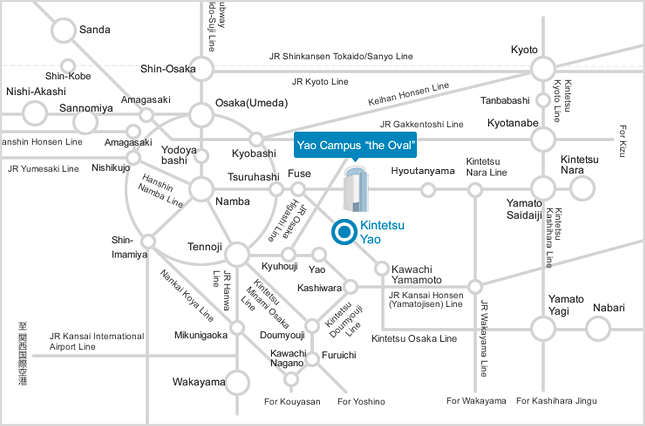JAREES: The Japanese Association for Russian and East European Studies
Japan Association for the Study of Russian Language and Literature
JSSEES: The Japanese Society for Slavic and East European Studies
Japanese Society for the Study of Russian History
JACES: Japan Association for Comparative Economic Studies
JSSSLL: The Japan Society for the Study of Slavic Languages and Literatures
JCAS: Japan Consortium for Area Studies
ICCEES Newsletter
|



Full Papers
For intensive and fruitful discussion, the Organizing Committee earnestly
requests paper presenters to submit full papers to wsr@slav.hokudai.ac.jp by July 26, 2013. Submitted papers will be uploaded on the Homepage of the Osaka Conference
to allow the participants to download them beforehand. Papers should be
written in English or Russian.
Time Regulation
Because of the large number of proposals, the Organizing Committee had
no alternative but to limit the time of a panel to 1 hour 45 minutes. This
means that if a panel has three papers, each paper presenter has 20 minutes for presentation; if there are 4 paper presenters, each has only 15 minutes. A discussant has 10-15 minutes for his/her speech. If there are 2 discussants,
each discussant has 5-8 minutes.
Visual and Audio Devices
All auditoria have visual and audio equipment, connectable to Internet. Panelists may use slides, videos, music, Google map, and so forth for their presentation.
Yet please contact staffs beforehand for test. The Organizing Committee does not bear responsibility for technical failures, if the panelist did not test his/her device beforehand.
How to Get to the Conference Venue?
The conference venue, Osaka University of Economics and Law, is located in a walking distance from Yao Station of the Kintetsu Line.. Please be
headed to Yao Station, at which conference staffs will show you the way
to the venue. There are Osaka University and Osaka University of Economics
in Osaka and even taxi drivers and hotelmen often confuse Osaka University
of Economics and Law with these universities.
Please do not be confused.The conference venue is Osaka University of Economics and Law! In Japanese this university is pronounced: “Osaka keizai houka daigaku.”
>>> Access to Osaka University of Economics and Law

Based on the agreement by the fifth ‘summit’ of Slavicist association leaders
of East Asia on 4 September, confirmed by the representatives of Indian
Slavicists-Eurasia specialists, the Japanese Council for Russian and East
European Studies (JCREES), the Korean Association of Slavic Studies (KASS),
the Chinese Association for Russian, East European, and Central Asian Studies
(CAREECA), we announce that the Fifth East Asian Conference of Slavic-Eurasian
Studies will be held on 9-10 August 2013. The conference will take place
at Yao Campus of Osaka University of Economics and Law (Yao, Osaka) and
is approved as a regional conference of the International Council for Central
and East European Studies (ICCEES).
On the eve of the First World War, Russian society was developing steadily,
and there seemed to be few signs of the revolution. The First World War
changed the entire path of its development: the total war caused the systemic
change of local government mechanisms, swept away the imperial Russia,
and finally resulted in the communist experiment. Here is a big historical
‘if’. If the First World War had not taken place, would Russia with fully
developed capitalism have emerged? Or, even if there had not been the war,
would Russia have faced other structural problems? Was this century, from
1913 to 2013, a period of the great experiment or a just lost century for
Eurasia? This theme covers many historical and contemporary issues from
various disciplinary fields.
Yet the topics of panels do not necessaily address this general theme.
The Organizing Committee considered panel and paper proposals of any topic
in the Slavic-Eurasian studies when we composed the program.
The registration fee of 3,000 Japanese yen (approximately 30 Euro) with a potential transmittance charge has to be paid in advance.
The methods of payment will be announced in the next circular.
|

